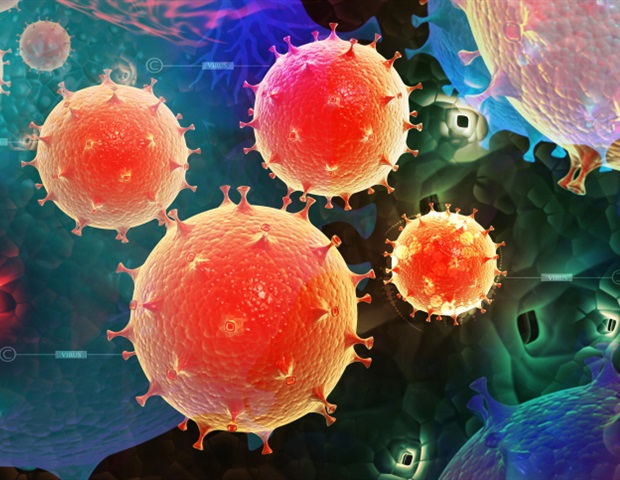
The worldwide meals disaster is rising as a consequence of fast inhabitants development and declining meals productiveness to local weather change. Furthermore, in the present day’s meals manufacturing and provide system emit an enormous quantity of carbon dioxide, reaching 30% of the overall quantity emitted by humanity, aggravating local weather change. Sustainable and nutritious microbial meals is attracting consideration as a key to overcoming this deadlock.
KAIST (President Kwang Hyung Lee) introduced on April twelfth that Analysis Professor Kyeong Rok Choi of the BioProcess Engineering Analysis Middle and Distinguished Professor Sang Yup Lee from the Division of Chemical and Biomolecular Engineering revealed a paper that proposes a path of analysis on ‘microbial meals manufacturing from sustainable uncooked supplies.’
Microbial meals refers to varied meals and meals elements produced utilizing microorganisms. Microbial biomass accommodates a considerable amount of protein per unit in dry mass, akin to that of meat, and emits the smallest quantity of carbon dioxide and is required to supply a unit mass in comparison with numerous livestock, fish, shellfish, and crops. Because the quantity of water and area requirement is small, it may be an eco-friendly, sustainable and extremely nutritious meals useful resource.
Fermented meals are probably the most available microbial meals round us. Though the proportion of microbial biomass in fermented meals is small, compounds with comparatively low dietary worth, reminiscent of carbohydrates, are consumed through the fermentation course of, and as microorganisms proliferate, the content material of vitamins with greater dietary worth, reminiscent of proteins and nutritional vitamins, will increase.
Varied meals compounds remoted and purified from biomass or tradition media obtained via microbial tradition are additionally a department of microbial meals. Examples that may be discovered round us embody numerous amino acids, together with monosodium glutamate, meals proteins, enzymes, flavoring compounds, meals colorings, and bioactive substances.
Lastly, probably the most final and basic type of microbial meals could be mentioned to be microbial biomass or extracts produced via microbial tradition and meals cooked utilizing them. A consultant instance is single-cell protein, which collectively refers to microbial biomass or microbial proteins extracted from it.
On this paper, the researchers comprehensively lined numerous non-edible uncooked supplies and techniques for utilizing them that can be utilized to supply microbial meals in a extra sustainable manner. Moreover, it covers numerous microbial meals which can be really produced within the trade utilizing the related uncooked supplies and their traits, in addition to prospects for the manufacturing and generalization of sustainable microbial meals.
Microbial meals produced from numerous sustainable uncooked supplies will quickly be generally encountered at our tables.”
Analysis Professor Kyeong Rok Choi, first writer of the paper
Second writer Seok Yeong Jung, a doctoral scholar, additionally mentioned, “Microbial meals of the long run won’t be restricted meals consumed solely out of a way of obligation to the atmosphere, however might be full meals which can be consumed by selection due to their dietary worth and style.” As well as, Distinguished Professor Sang Yup Lee mentioned, “It’s time for the trade and academia, in addition to the private and non-private sectors, to cooperate extra carefully in order that extra numerous microbial meals could be developed and equipped with a view to create a sustainable society for ourselves and our descendants.”
This paper was revealed on-line on April 9 in ‘Nature Microbiology’ revealed by Nature.
This analysis was carried out underneath the event of platform applied sciences of microbial cell factories for the next-generation biorefineries undertaking (undertaking chief KAIST Distinguished Professor Sang Yup Lee) supported by the Ministry of Science and ICT and the Cooperative Analysis Program for Agriculture Science and Expertise Improvement (Challenge chief KAIST Analysis Professor Kyeong Rok Choi) of the Agricultural Microbiology Challenge Group (Director, Professor Pahn-Shick Chang) supported by the Rural Improvement Administration.
Supply:
Journal reference:
Choi, Ok. R., et al. (2024). From sustainable feedstocks to microbial meals. Nature Microbiology. doi.org/10.1038/s41564-024-01671-4.
